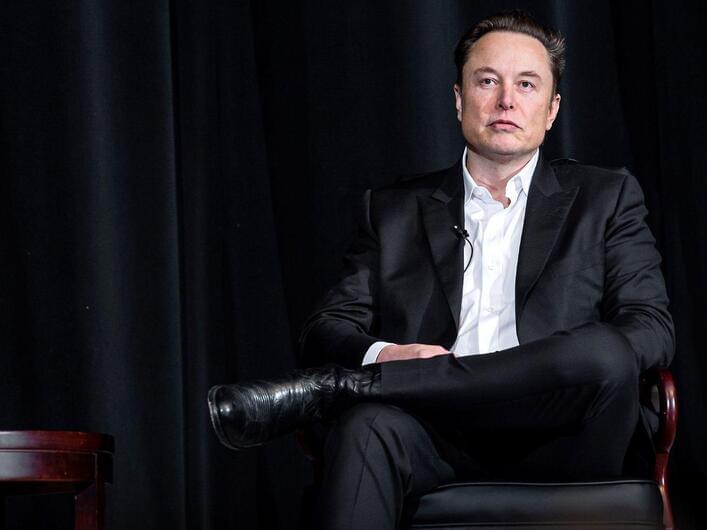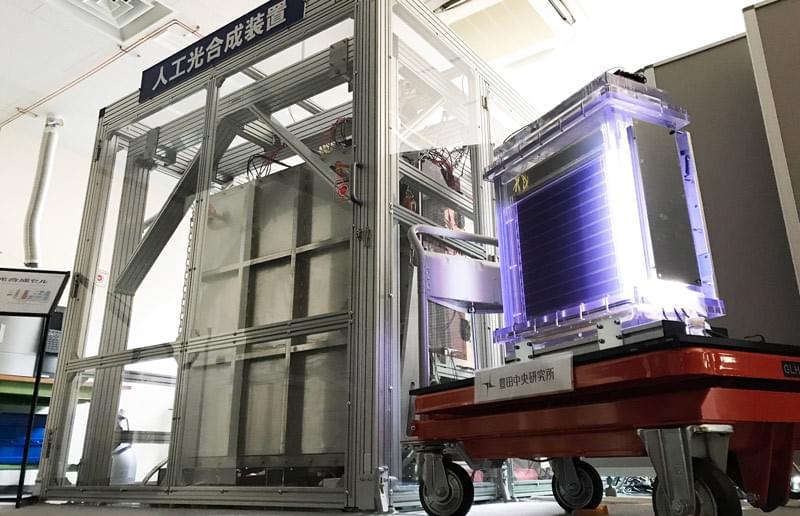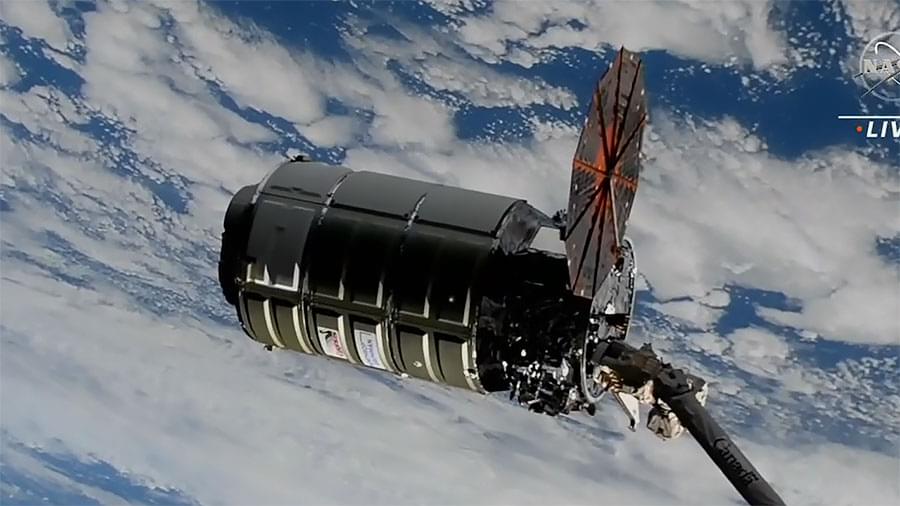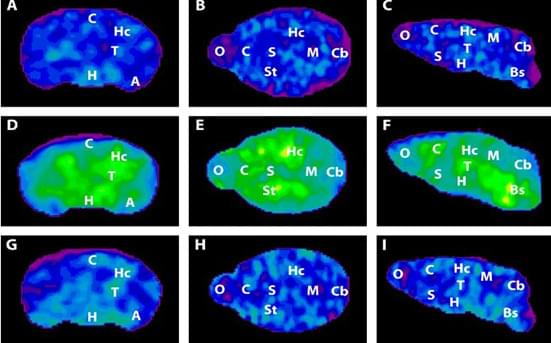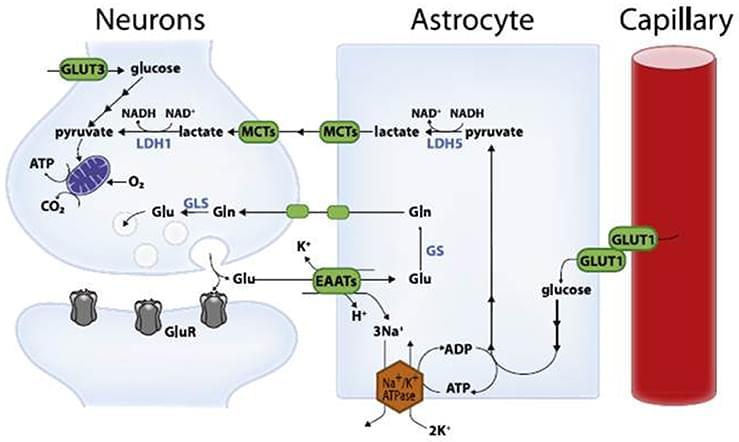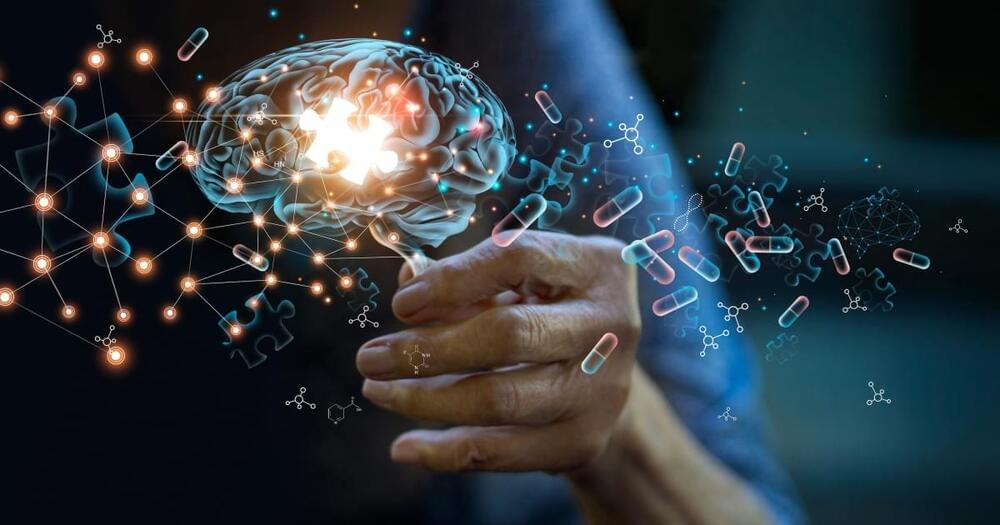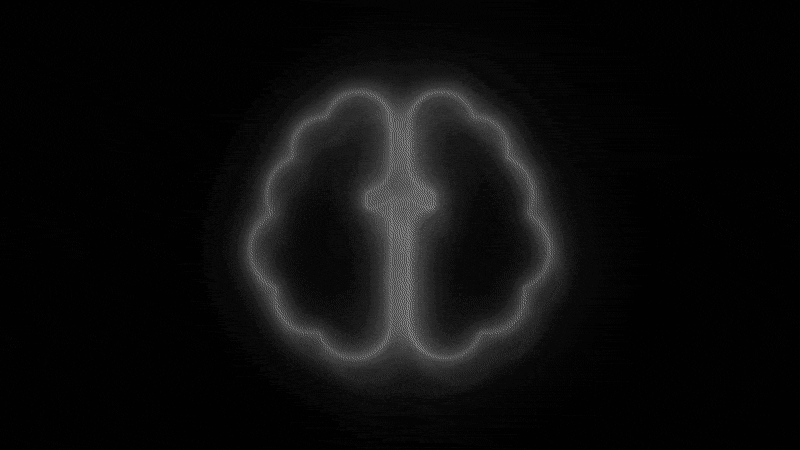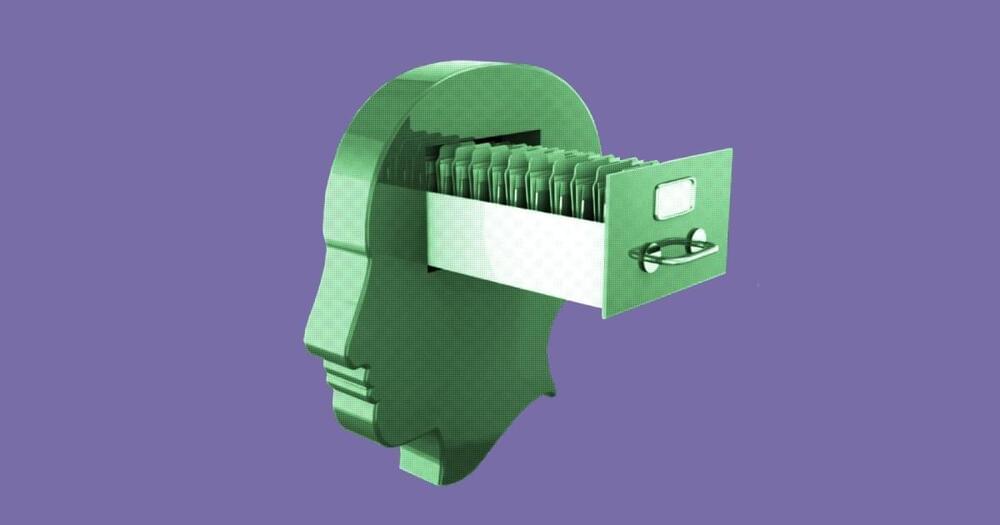Why does the world’s richest person need more cash?
Days after agreeing to acquire Twitter for his initial offer of $44 billion, Elon Musk sold off Tesla stock worth nearly $4 billion in the days between November 4 and November 8, the Wall Street Journal.
Last year, Musk became the world’s richest person riding on the stock value of his electric car-making company, Tesla. At its peak price of $410 a piece, Musk’s personal worth reached a never-before figure of $340 billion last year. As we turned into the new year, Tesla stock started shedding the rapid gains, and as 2022 draws to a close, it is now down 45 percent, a Bloomberg report said.
